Science and Engineering Endowment
About the Endowment
This endowment exists to provide top-notch training, giving BJU students the opportunity to make a great impact in the fields of medicine, biomedical research, and technology. S&E provides sophisticated lab equipment, helps science educators further develop their teaching skills through SITS (Summer Institute in Teaching Science), and even gives students the chance to participate in real-world study programs through RIU (Research Immersion for Undergraduates).
The endowment is currently at $6.44 million.
Read more about what the endowment supports below.
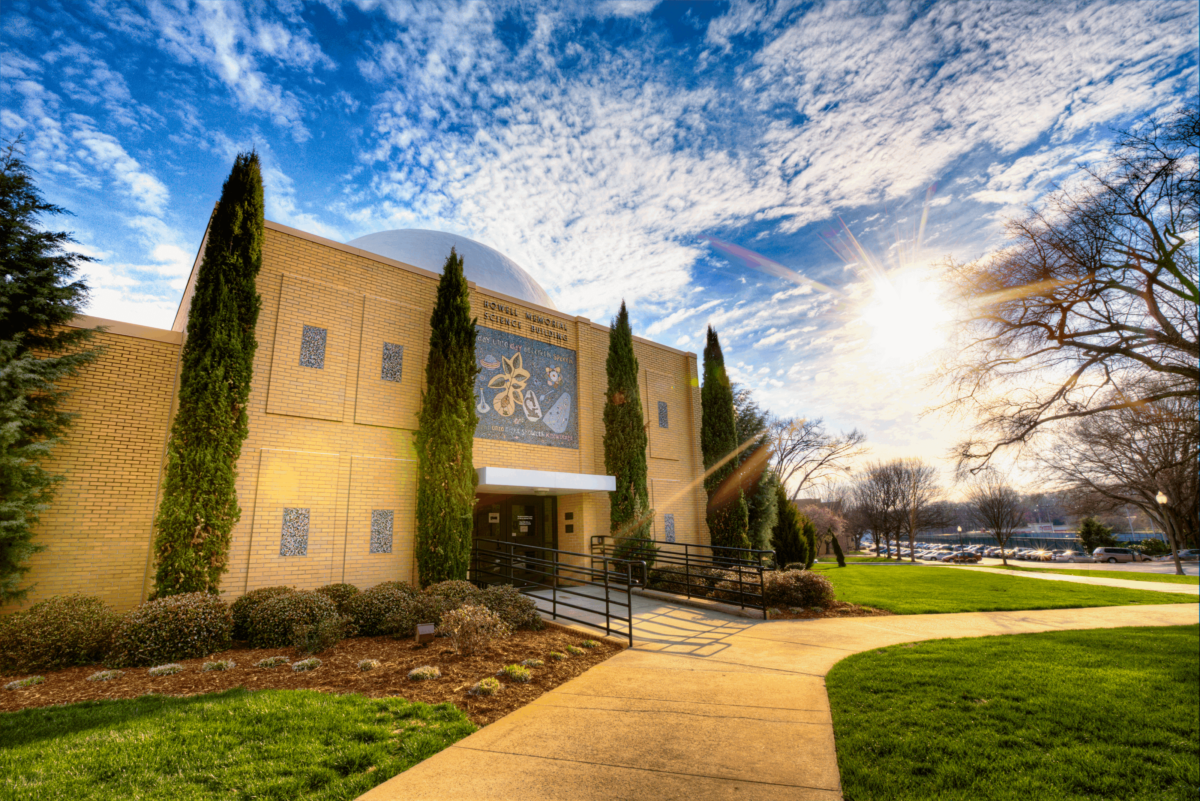
S&E in 2022
- SITS (Summer Institute in Teaching Science) supports faculty education and professional growth allowing them to develop lectures and lab exercises and create new courses.
- SITS consists of four tracks for faculty. In summer 2022, four newly appointed faculty members completed track one which emphasizes the “Clear-Thinking Teacher.”
- In partnership with BJU’s Center for Biblical Worldview, SITS hosted the 2022 Worldview Conference in the summer of 2022. The conference theme, Interdisciplinary Spiritual Blindness, addressed incorrect worldview that rejects the exceptional nature of people arguing that we should simply behave as animals. This thought process is the result of rejecting the worldview taught by the Bible. Roughly 50 people attended each session.
- Several Research Immersion for Undergraduates (RIU) programs take place each summer at BJU which are supported by the S&E Endowment. Fourteen undergraduates participated in the Chemistry, Robotics, Physics, or Biology Cancer Research Lab RIU programs.
Research Immersion for Undergraduates
The Research Immersion for Undergraduates program (RIU) allows students to use BJU’s labs for full-time research during the summer. Research in the RIU is not scripted. For academic classes during the school year, students work through problems that have clear, gradable answers. However, experiments conducted during the RIU programs have no correct answers, giving students invaluable experience with real world science and a solid addition to their resume. The different RIUs will conduct research throughout the semester or during the summer.
- Chemistry RIU
- Biology RIU
- Engineering RIU
- Physics RIU
The Chemistry RIU is a partnership between S&E and Cayman Chemical and the two group work together to sponsor chemical research and experimentation by undergraduates. This RIU has had several notable and exciting outcomes including presentations at conferences and synthesizing new drugs to be sold for research. The partnership has also led to internships and even employment opportunities for students at Cayman Chemical.
The Biology RIU works within BJU’s Cancer Research Lab to conduct research on the well-known disease. Mostly operating during the summer months, this RIU gives students the opportunity to tackle projects with major ramifications and even publish peer-reviewed articles if circumstances allow. The outcomes of several of the RIUs have been presented at the annual meeting of the American Institute for Cancer Research in Washington, D.C.
For the past several years, the Engineering RIU has focused on autonomous vehicle development. With sponsorships ranging from private companies, Department of Defense subcontracts, to U.S. Army DEVCOM, this RIU affords students excellent real-world research. Participants have also won several competitions amongst other universities.
In 2022, the Physics RIU hosted one student for four weeks to study the effects of secondary phases on the microstructural development of materials for solid state batteries. Microstructures and elemental compositions of the resulting materials were characterized by scanning electron microscopy and energy dispersive spectroscopy.
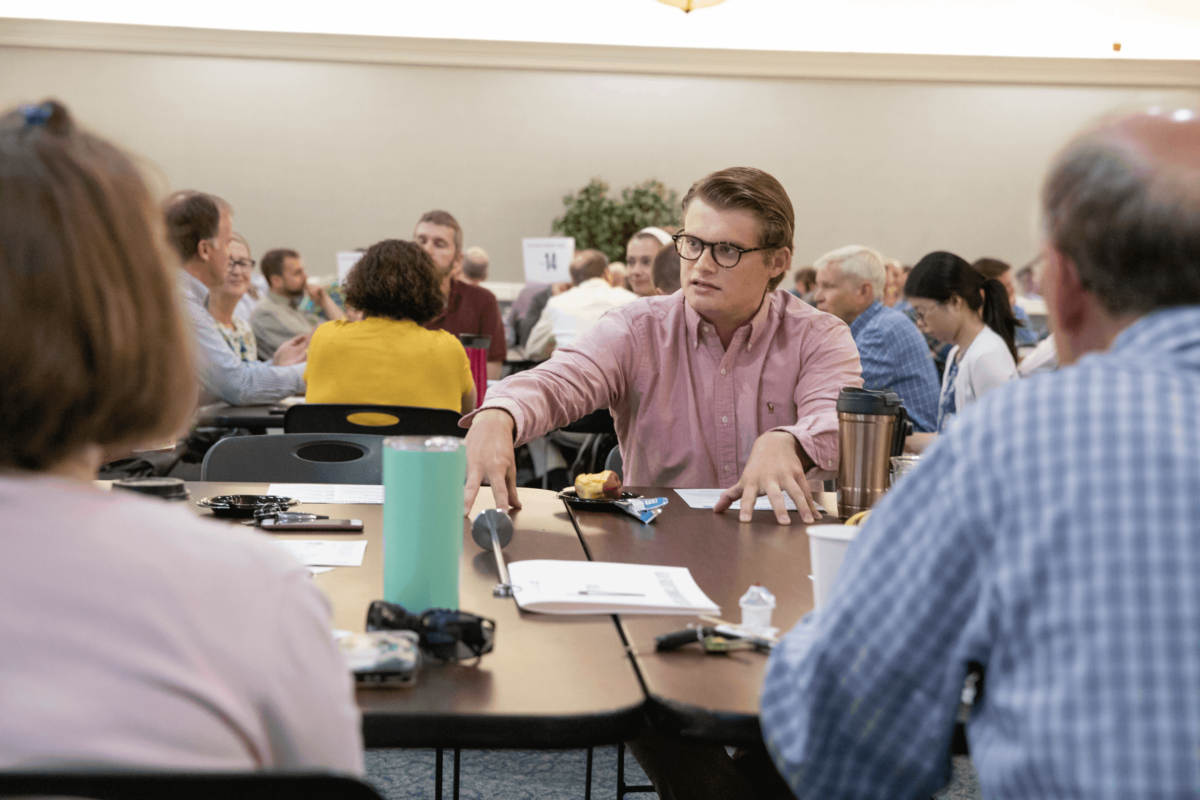
Summer Institute in Teaching Science
SITS helps new faculty learn how to take their expertise and skill and translate it into classroom teaching. Spanning four summers, SITS trains faculty on three subjects. The first two summers focus on the metacognition of the teacher, education theory, and the concepts and principles governing their field. The third summer revolves around creating an effective learning environment and the fourth summer teaches faculty how to evaluate if students are learning how to operate in their desired field. After finishing the four initial summer trainings, faculty have the option to take refresher courses or develop lab courses and curriculum.
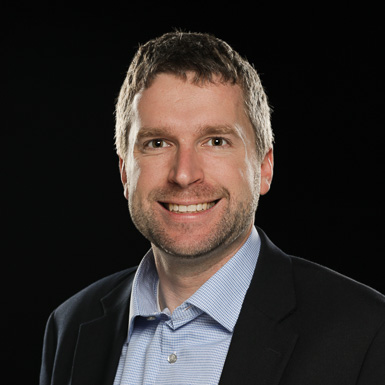
Faculty
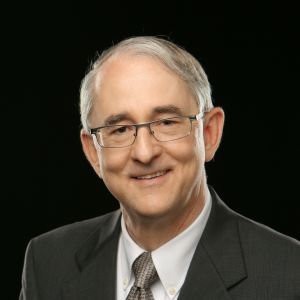
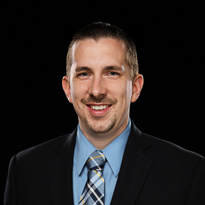
Dr. Derrick Glasco
Associate SITS Director

Dr. David Boyd
SITS Faculty: Biology

Dr. Brian Vogt
SITS Faculty: Chemistry and Physics
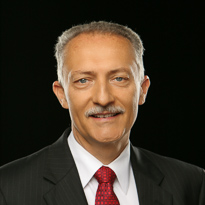
Dr. Robert Lee
Chemistry RIU
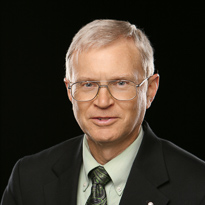
Dr. Steve Figard
Biology RIU, BJU's Research Director
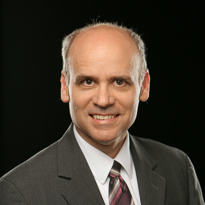
Dr. Bill Lovegrove
Engineering RIU
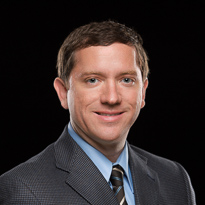
Dr. Nick Gothard
Physics RIU
Will you prayerfully consider giving towards the sciences at BJU? Help us equip the next generation of Christian professionals.